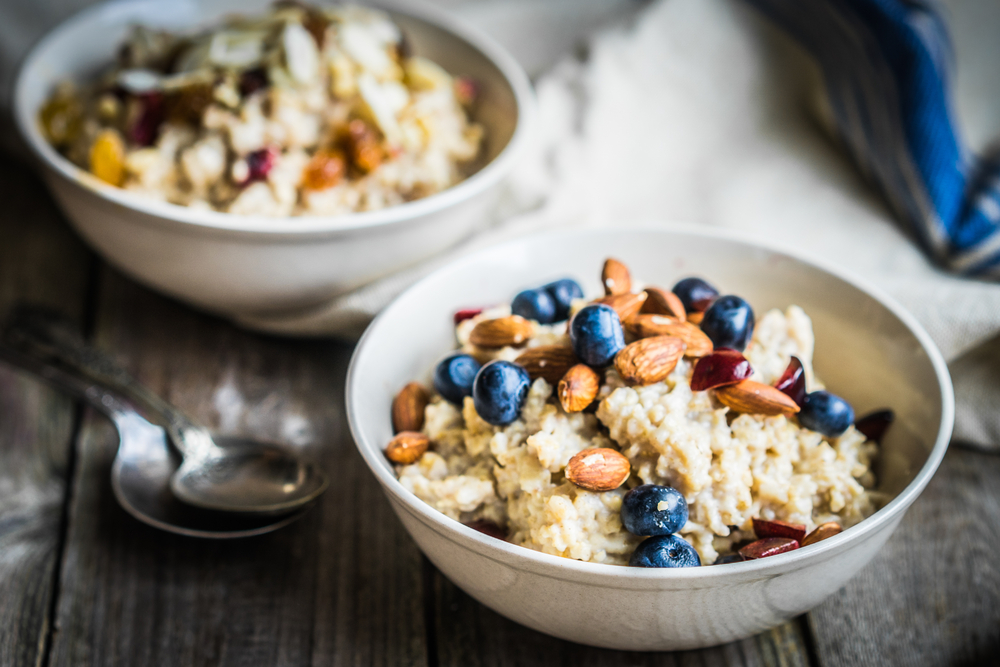Roux-en-Y gastric bypass is a type of bariatric surgery where the stomach is reduced to a small sized sack that connects to the middle part of the small intestine, the jejunum, bypassing the rest of the stomach and the initial part of the small intestine (duodenum). Positive results have been achieved regarding weight loss and glycemic control in obese patients in the surgery aftermath when compared to other interventions. Despite the successful outcome in some patients, overall results remain very variable, with some patients presenting poor weight loss. In order to understand this variability, researchers at the Hospital Clinic Universitari in Barcelona decided to investigate the effect of gastrointestinal hormones (GI), glucagon-like peptide-1 (GLP-1), peptide YY (PYY) and ghrelin in weight-loss maintenance after surgery. The resulting research paper, entitled “Gastrointestinal hormones and weight loss maintenance following Roux-en-Y Gastric Bypass,” published in The Journal of Clinical Endocrinology and Metabolism.
In order to gain insight into the role of GI hormones in weight loss after surgery, the research team conducted three distinct studies. First, researchers compared GLP-1, PYY and ghrelin responses in patients with positive weight loss and poor weight loss, after a standardized liquid meal. Researchers observed that GLP-1 and PYY did not vary between groups but ghrelin values were lower in the poor weight loss group.
Researchers also studied the causative role of different hormone response, through the evaluation of the effect of blockade of hormonal release on food ingestion. They injected, on two separate occasions, patients in both groups with octreotide, a protein that lowers certain hormones release, or saline solution, as a control. On days of saline injection, food intake was lower in the good weight-loss group. On octreotide injection day, food intake was larger in both groups, leading to the conclusion that GI hormones control regulation of appetite following surgery, though this effect is not relevant in the poor weight-loss group. The difference in food intake between groups was maintained between experimental conditions.
In the third study, researchers compared GI hormonal response to standardized liquid meal in poor weight-loss patients and controls with similar BMI that did not go through surgery. Results showed no alteration in GLP-1 and PYY, but found ghrelin suppression in the poor weight-loss patient group following the low calorie intake.
Researchers concluded that GI hormones do play a role in the control of food intake following RYGB surgery. However, the data obtained does not support that changes in GLP-1, PYY, or ghrelin, under the studies variables and limitations, play a major role in larger food intake in patients with poor weight-loss results after surgery.


